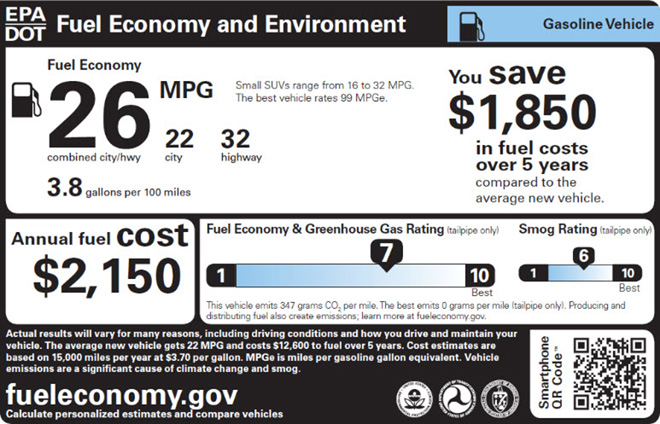The global vehicle fleet is failing to reach fuel economy targets aimed at reducing CO2 emissions and cutting oil consumption, according to a new report from the Global Fuel Economy Initiative (GFEI) released at the Paris COP21 Climate Summit.
While fuel economy is improving in OECD countries, progress is still below the rate needed to hit global targets by 2030. Meanwhile, developing countries, which are poised for massive growth in their vehicle markets, are failing to make any substantial improvements.
The new study, Fuel Economy, State of the World 2016: Time for Global Action, shows that overall performance is below the 3.1% annual improvement needed to reach the GFEI target of halving fuel consumption in passenger light-duty vehicles by 2030.
On average, fuel economy is improving at a rate of 2.6% per year in OECD countries, but non-OECD countries saw only a 0.2% annual improvement between 2005 and 2013. In OECD markets where fuel economy policies are in place, the fuel economy of new vehicles improved 20% over eight years, which shows that progress can be made.
“Improved fuel economy is one of the most basic and cost-effective ways of addressing the climate challenges which we have, and yet we are not on track to deliver on it,” said Sheila Watson, Executive Secretary of GFEI. “Halving fuel consumption in passenger light-duty vehicles by 2030 is entirely possible using widely available technologies. The technology is not the problem – it’s the policy commitment that is failing us.”
Source: Global Fuel Economy Initiative via Green Car Congress


















































































